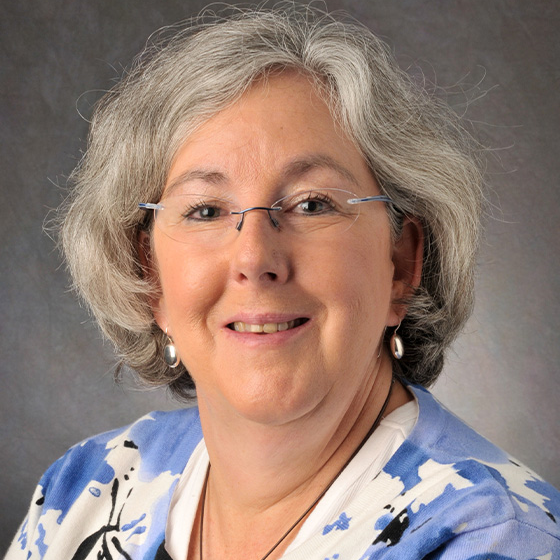 Farrington
FarringtonEffective communication is essential to the success of clinical pharmacists. Webster’s dictionary defines communication as “a process by which information is exchanged between individuals through a common system of signs, symbols, and behavior.” The Oxford dictionary defines communication as “the activity or process of expressing ideas and feelings or of giving people information.” As clinical pharmacists, we may need to communicate with many individuals over a 24-hour period. We might use one communication style with a provider, nurse, pharmacist, respiratory therapist, or dietitian and another with a patient or caregiver. Interactions with a student or pharmacy resident may employ yet a different communication style.
A key component of effective communication is the ability to use good listening skills. Providing information is only effective if it answers the question of the team or individual. Answering a different question than is being asked can be very frustrating to the questioner and endanger one’s credibility. Studies show that patient, parent, and caregiver satisfaction with medical care is determined by the practitioner’s interpersonal skills. If they feel that their questions or fears were not addressed, or that they were not treated with respect, they will be dissatisfied and less likely to follow practitioner advice.1
As a professional organization, communication is also very important to ACCP. The College’s leadership and staff listen to members and try to address their concerns and needs. We’ve heard that you would like to be aware of what policy-related activities the Board of Regents (BOR) and the ACCP Government and Professional Affairs staff consider during their quarterly board meetings. ACCP BOR meeting minutes can be located on the ACCP website. The ACCP Government and Professional Affairs staff launched a new newsletter, Advocacy in Action, in June 2022. Recently, given member feedback regarding available volunteer activities, ACCP created a new volunteer portal to allow year-round opportunities to volunteer for non-committee service (the annual summer committee/task force volunteer survey remains the vehicle for volunteering for committee service). The portal can be accessed by (1) signing into My Account and clicking on “Volunteer Opportunities” under “My Links” or (2) clicking on the Membership tab and selecting “Volunteer Opportunities” from the dropdown menu.
It’s important to remember that the techniques and skills required for obtaining information differ from those required for delivering information. We use the skills needed for obtaining information when interviewing patients or trying to draw out knowledge from student or resident learners. In 1994, Keith Richards was quoted in the Rolling Stone, “It’s not an oral communication. It’s body language, eye contact, the grinning, the little signals that go on between people.” He was underscoring the importance of nonverbal communication. For example, it is essential to always make eye contact with the person you are speaking to. In addition, one must be aware of body language and other nonverbal cues that so often influence person-to-person interactions. These are essential aspects of communication.
As an association, we are committed to communicating with our members. We also have an obligation to be respectful of members’ email inboxes. Therefore, ACCP makes every effort to balance the tempo of our email communications. As a member, if you want more communication, there is an abundance of information on ACCP’s webpages. If you wish to locate a past ACCP Report issue, they are archived on the website. If you are a student, resident, or fellow trainee, you can access information relevant to you by clicking on the “Students” or “Trainees” graphics on the ACCP homepage. NOTE: If you use the website and are unable to easily locate the information you are seeking, please communicate this to us at [email protected]. This will allow ACCP staff to better optimize the website and enhance our communication with members.
Finally, be aware that each Practice and Research Network (PRN) communicates differently with its members. If you like a form of communication from one PRN that you do not receive from another, communicate to the leadership of the other PRN what you would like to see differently and how you feel it would improve the PRN communication.
When considering how best to serve members, only through effective communication will we be able to optimize awareness of and satisfaction with ACCP programs and services.
References
- Levetown M; American Academy of Pediatrics Committee on Bioethics. Communicating with children and families: from everyday interactions to skill in conveying distressing information. Pediatrics 2008;121:e1441-60.